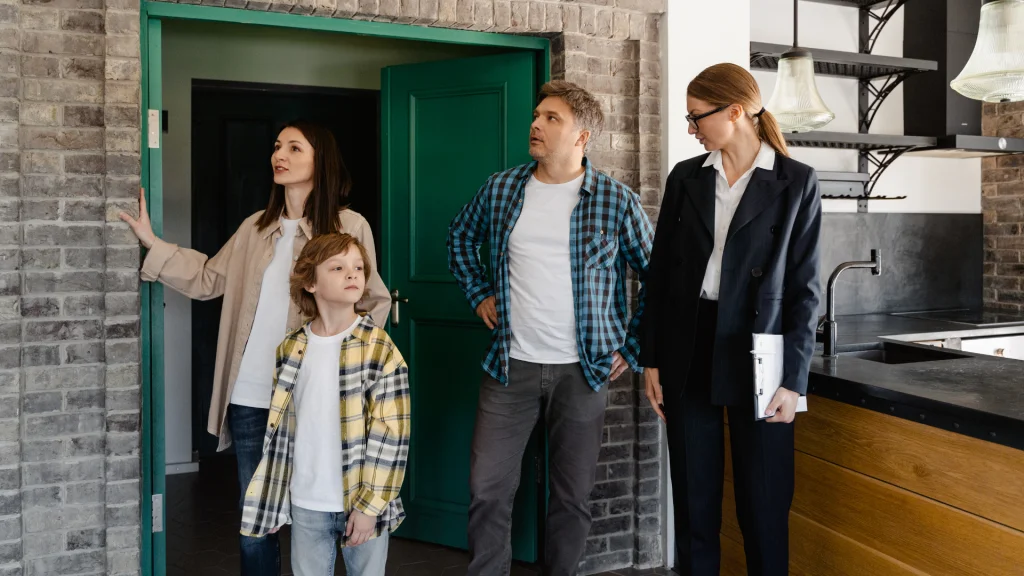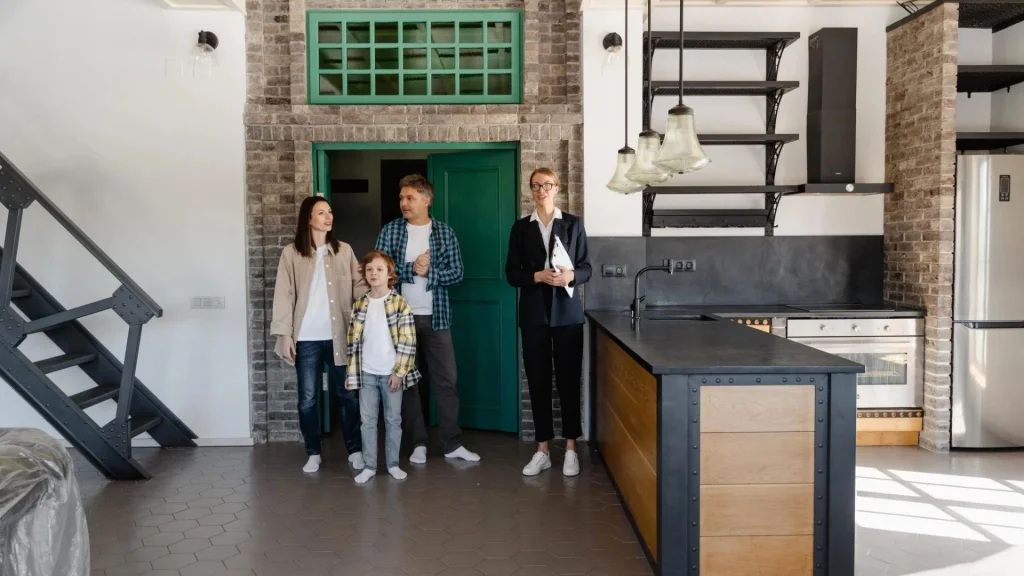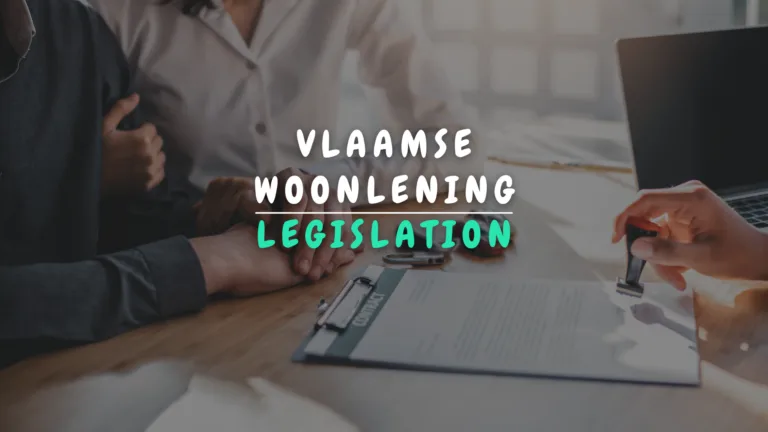Selling your rental property with a tenant? Is that allowed? Are there any differences when it comes to an apartment or house? In this article, we explain how to sell a rented apartment or house.
Contents
- Can I sell my house if it is rented out?
- Consequences for the seller
- What if you buy a house that is currently rented out?
- Impact on current tenant
Can I sell my house if it is rented out?
Yes, you may sell your rental property at any time. You do not have to terminate your lease to do so. The buyer takes over your lease on the same terms. However, there are important consequences for you as seller, potential buyer and tenant.
Consequences for the seller
As a seller (and current landlord), be transparent along all sides. This way, you’ll transfer the deal nicely to the buyer and give him/her a positive start in the relationship with the tenant:
- Make sure potential buyers know that the apartment or house is rented out, what type of rental agreement applies and what the termination options (and terms) of this are.
- Basically, the current tenant does not have much to say about the sale, but it is decent to tell him/her. In contrast, it is mandatory to report viewings and agree on them herein. Usually these are 2-3 visits per week.
- Agree together with the buyer and tenant on the rental deposit. How will you pass these?
Discover the types of leases in our article 4 Types of Leases

What if you buy a house that is currently rented out?
Are you interested in buying a rented house or apartment? Then this depends on whether you become the new landlord or a resident yourself.
In both cases
- Find out answers to the important questions below:
- What is the rent?
- Does the tenant pay on time?
- What type of lease applies?
- Is the contract registered?
- What are the termination options and terms?
- What is the maintenance condition (site description)?
- Why does the seller want to sell the rental property?
You keep letting
- Know the lease inside and out so there are no surprises. After all, you are taking over this until it expires.
- Sign a purchase compromise. If there are things you miss in the contract, you can draft an addendum. You must register this addendum, but it is free.
- Make sure you arrange with the seller and tenant how and from whom you will transfer the rental deposit. And that the tenant will deposit the rent into your account.
- Think carefully about everything involved in renting out. People often think this is a simple way of generating income. While you do this comes with some responsibility. The property must remain maintained. Renovate in a timely manner and perform the necessary inspections (e.g. electricity inspection, EPC, inspection of fire extinguishers and solar panels) so that you avoid large expenses.
- You cannot simply increase the rent. You can only do so if there is an indexation mentioned in the agreement.
You will occupy the property yourself
- Respect the notice period and terms of the lease. For a long-term contract (9 years or more), the notice period is 6 months. With a short-term or lifetime contract, you cannot terminate it early.
- Prerequisites:
- Draft a letter of notice stating that you will occupy the property yourself for your own use.
- You must effectively occupy the rental property within 1 year of the expiration of the notice period.
- You must occupy the property for at least 2 continuous years.
- If you do not meet the conditions, you risk damages (payable to the tenant) of 18 months’ rent. If the tenant claims it.

Impact on current tenant
Selling a rental property has implications for you as a tenant. The implications for the tenant depend on the situation: Will the buyer continue to rent out or will he occupy the property himself?
In both cases
- You cannot refuse to have photos taken for real estate websites. However, you should be allowed to remove, cover or blur personal items such as photos first in the interior photo.
- You must allow reasonable visits from potential buyers. However, the landlord must notify you in a timely manner and make arrangements with you about this. Usually this is described in the lease and is 2-3 visits per week.
The buyer continues to rent out
- Little changes for you, since the buyer fulfills the current lease on the same terms. The buyer cannot simply increase the rent. He can only index it if it is defined in the contract.
- If the agreement goes through, you will have to deposit the rent into the buyer’s account. In addition, you will make joint arrangements regarding the rental deposit with the buyer and seller.
- If necessary, the buyer adds new terms to the current agreement. In that case, the buyer prepares an addendum. This must be registered, but is free of charge.
The buyer will occupy the property himself
- Initially, your lease continues on the same terms, but the buyer will terminate it according to the notice period stipulated in the initial contract. With a long-term contract (9 years or more), the notice period is 6 months. Then, unfortunately, you will have to leave your familiar place and move. With a short-term or lifetime contract, the landlord cannot terminate it early.

Sources: Bobinvest, Dewaele & Zimmo
Would you like to cite this article as a source? Then use:
Luyckx, S. (2024, Nov. 22). Selling rental property: how to do it? Apartment.be. Consulted on (date XX/XX/202X), from https://www.appartement.be/verhuurde-woning-verkopen-hoe-doe-je-dat/
Related articles:






